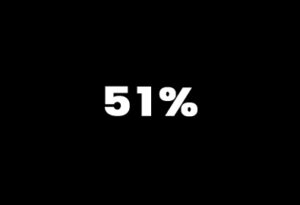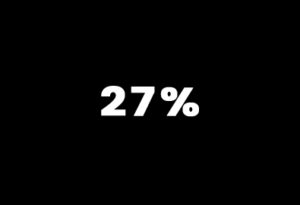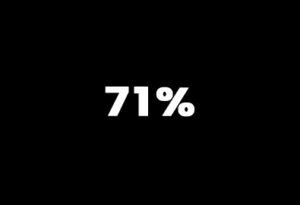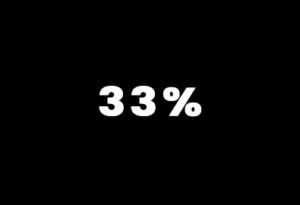Family Loans & Informal Debt
Debt can weigh heavily on families, impacting not just finances but relationships and future goals. From credit card balances and medical bills to student loans and mortgages, the complexities of family debt can feel overwhelming. The good news is that with a clear plan and open communication, it’s possible to regain control, reduce debt, and build a stronger financial foundation for the entire household. Whether you’re just starting the journey or seeking a fresh approach, help is available to guide your family toward a debt-free future.

Did you know?
Approximately 51% of Americans have loaned money to a family member or friend in the past five years.

Regret Among Lenders
More than a quarter (27%) of those who lent money to loved ones regretted the decision.

Average number of Credit Cards per capita
Among those who borrowed money from friends or family, 71% felt guilty about asking for the loan.

Negative Outcomes
Nearly a third of borrowers and lenders reported negative outcomes from such financial interactions, including hurt feelings (14%), resentment (10%), and decreased contact (11%).
Coaching and Tools
The Emotional Weight of Lending to Loved Ones
Loaning money to friends or family often comes with good intentions, but it can create significant emotional and relational challenges. Studies show that 51% of Americans have loaned money to loved ones, yet over a quarter of them regret the decision. The reasons for regret include late repayments, unspoken expectations, or the awkwardness of addressing financial disputes. Lending money can blur boundaries, turning what was meant to be a supportive gesture into a source of tension and strain.
Navigating Financial Relationships
Beyond the immediate financial impact, lending money can lead to hurt feelings, resentment, or even damaged relationships. Nearly a third of borrowers and lenders report negative outcomes from these interactions, with borrowers often feeling guilt and lenders experiencing frustration or disappointment. To maintain healthy relationships, it’s crucial to set clear terms, communicate openly, and understand the potential risks before agreeing to lend. Exploring alternatives, like offering non-financial support or connecting loved ones to resources, can help preserve bonds while addressing financial needs.
Tools to Use On Family & Informal Debt
Formalize the Agreement
- How it Helps: Treating the arrangement like a formal loan establishes clear expectations and prevents misunderstandings.
- Action Step: Draft a written agreement that outlines the loan amount, repayment terms, interest (if any), and due dates. Both parties should sign it.
- Pro Tip: Use a free loan agreement template online or tools like ZimpleMoney to formalize informal loans without involving a bank.
Prioritize Communication and Transparency
- How it Helps: Open communication builds trust and avoids awkwardness or resentment during the repayment period.
- Action Step: Regularly update your lender (or borrower) about your repayment progress, especially if you’re struggling to meet deadlines.
- Pro Tip: Schedule monthly check-ins to review payments or adjustments if needed. This keeps the relationship strong and the loan on track.
Create a Plan to Pay It Off Quickly
- How it Helps: Quickly paying off family debt demonstrates respect for the lender and avoids lingering tension.
- Action Step: Treat the debt like a top priority, making extra payments whenever possible. Apply strategies like the Debt Snowball or Debt Avalanche if you have other debts to tackle as well.
- Pro Tip: Dedicate windfalls (tax refunds, bonuses, etc.) toward repayment to accelerate the process and show good faith.
